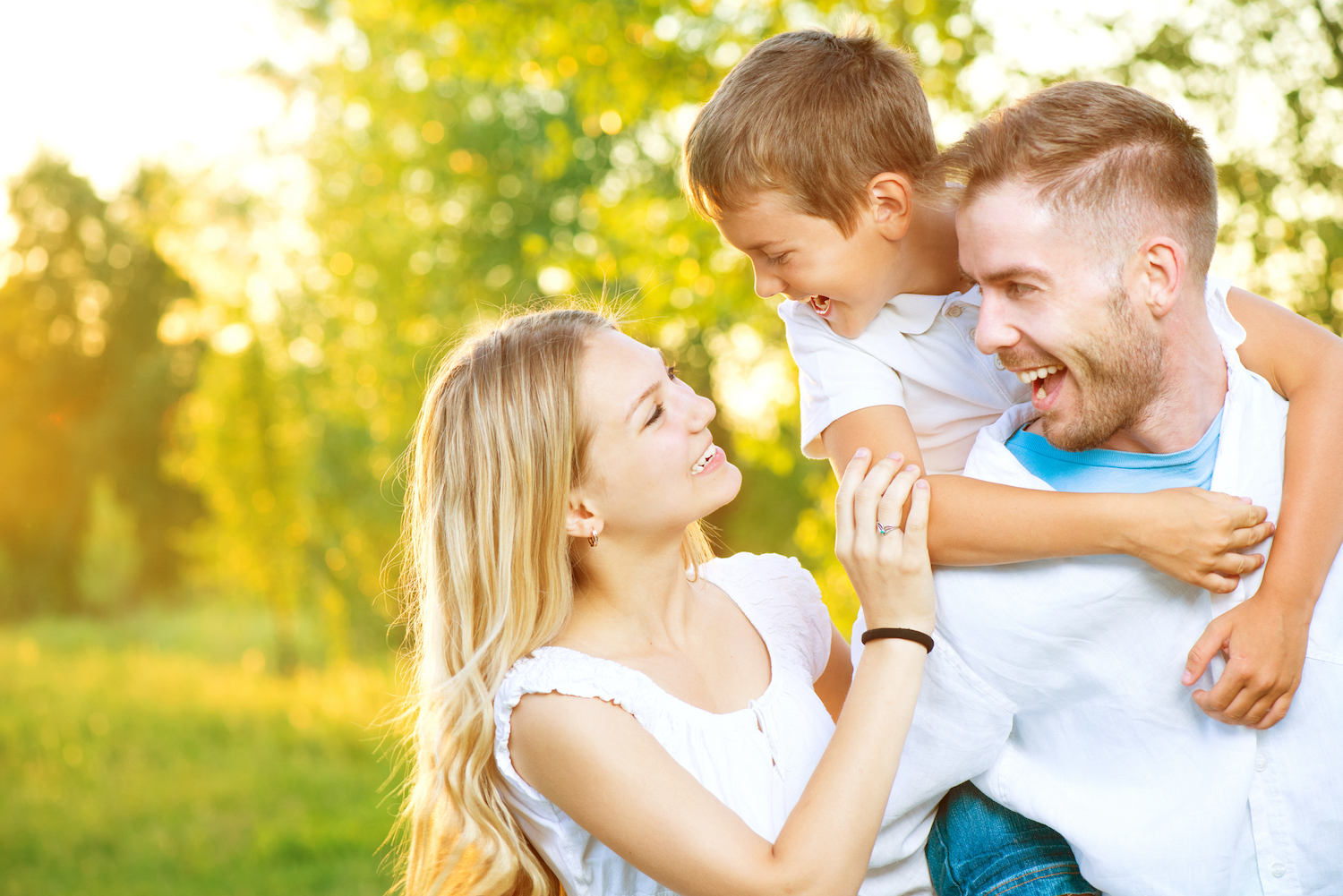In a world where the internet and social media dominate our lives, it’s easy to forget the power we have as parents to shape our children’s future. The values we instill in them today will guide their decisions tomorrow. Our children are watching us closely, absorbing everything we do, and we have the unique responsibility to be their role models. After all, our future leaders are learning from us now.
The Foundation Begins at Home
It’s easy to think that our kids will learn everything they need to know from school or friends. But the truth is, the lessons that shape their character are learned from us—at home, through our actions and words.
We often hear, “Do as I say, not as I do.” But children are not only listening—they’re watching. And what they see is far more influential than what they hear. As parents, it’s essential to lead by example and create a home environment that teaches core values. If we want our children to make healthy decisions, we must ensure that the way we live our lives reflects those same principles.
Monkey See, Monkey Do
It’s been said that children learn best by observation, and there’s truth in that. From the moment they’re born, they’re soaking up everything around them. Whether we like it or not, our children are mirrors of our behavior. So, when you see a little one mirroring a behaviour you’ve shown, it might give you pause to reflect on whether that’s the example you want to set.
For example, have you ever noticed your child mimicking the way you speak to your partner, your friends, or even strangers? Perhaps it’s a tone of voice or a specific phrase. That’s them learning how relationships work, how they communicate, and how to show respect (or not).
But here’s the kicker: It’s not just the positive behaviours they’re absorbing. They’re learning from our mistakes too. If we lose our temper or act dishonestly, they notice. And that’s why we must strive to be more mindful of how we act every day. Our behaviour is creating a blueprint for their future interactions.
The Power of Healthy Relationships
One of the most powerful ways to shape our children’s understanding of love and respect is by modelling healthy relationships. And that doesn’t just mean romantic relationships—our children are observing all of our connections: friendships, family dynamics, and how we treat everyone around us.
Equality: The Heart of Healthy Relationships
Healthy relationships are built on equality. Relationships thrive when both partners respect each other as equals, working together as a team. This give-and-take approach teaches children that mutual respect and understanding are the foundations of love.
Imagine this: When your child sees you actively listening to your partner’s opinion, even if it’s different from your own, they understand the importance of compromise. If they see your partnership as a balanced team—where both people share responsibilities, help each other grow, and communicate openly—they’ll know what to look for in their own relationships. They’ll recognise that equality and respect aren’t just ideals; they’re essential components of any healthy bond.
Honesty and Accountability
Children are naturally curious, and they’ll quickly pick up on discrepancies between our words and actions. That’s why honesty is so important. When we’re honest with our partners, even in difficult situations, we’re teaching our children the power of truth.
But honesty isn’t just about saying the right thing—it’s about being open and transparent, even when it’s uncomfortable. It’s about showing our children that trust is built through openness and vulnerability.
Moreover, accountability plays a huge role in any relationship. By owning up to our mistakes, we show our kids that no one is perfect, but taking responsibility is essential to moving forward. This teaches them that their actions matter and that they can always make things right, no matter how messy things get.
Compassion and Kindness
In any relationship, kindness and compassion go a long way. If we want our children to grow up to be thoughtful and considerate adults, we need to model these behaviours. Children learn to treat others with kindness by watching how we interact with the people around us.
This extends beyond romantic relationships. When they see us offering support to a friend in need, or giving a kind word to a stranger, they understand the importance of empathy. They learn that love is not just about being kind to those close to us—it’s about extending that kindness to everyone.
The Importance of Compromise and Sacrifice
All relationships require compromise. The ability to meet in the middle, give a little, and sometimes sacrifice for the other person is what makes a relationship strong. By practising these qualities in our own relationships, we teach our children the value of compromise and how to balance their own needs with the needs of others.
Think about it—when your child sees you compromising, whether it’s choosing a restaurant you might not prefer or adjusting plans for the sake of a loved one, they learn that love isn’t about always getting what you want. It’s about finding common ground, showing selflessness, and prioritizing the well-being of those we care about.
Long-Term Relationships: The Real Work of Love
In today’s world, relationships can feel disposable. But one of the greatest gifts we can give our children is the ability to work through challenges, grow together, and build lasting bonds. Long-term relationships require effort, patience, and a willingness to change.
When children see their parents working through tough times, navigating ups and downs, and still holding each other with love and respect, they learn that relationships are a journey. They understand that love isn’t just about the good moments—it’s about supporting each other through the tough times, growing together, and evolving as individuals and as a couple.
Why It Matters More Than Ever
As we approach Valentine’s Day, a time when we celebrate love, let’s take a moment to reflect on what love truly means for our families. It’s about more than just grand gestures and romantic dinners. It’s about respect, kindness, compromise, and working together to create something beautiful.
If we can model healthy, balanced relationships for our children, we give them the tools to form their own meaningful relationships in the future. We help them understand what healthy love looks like—not just in their romantic lives but in every relationship they form.
So this Valentine’s Day, let’s commit not only to celebrating love but to being the role models our children need to grow into confident, compassionate, and respectful adults. They’re watching, and we have the privilege of guiding them every step of the way.
by Nicola Poole
You may also like to read:
Valentine’s Day is a chance to role model a loving relationship to your children
Kid-Friendly Ideas for Valentine’s Day
Why Valentine’s Day Is Often a Missed Opportunity for DadsHow to positively demonstrate your relationship to your children
Children Learn How to Have Adult Relationships from Observing their Parents









